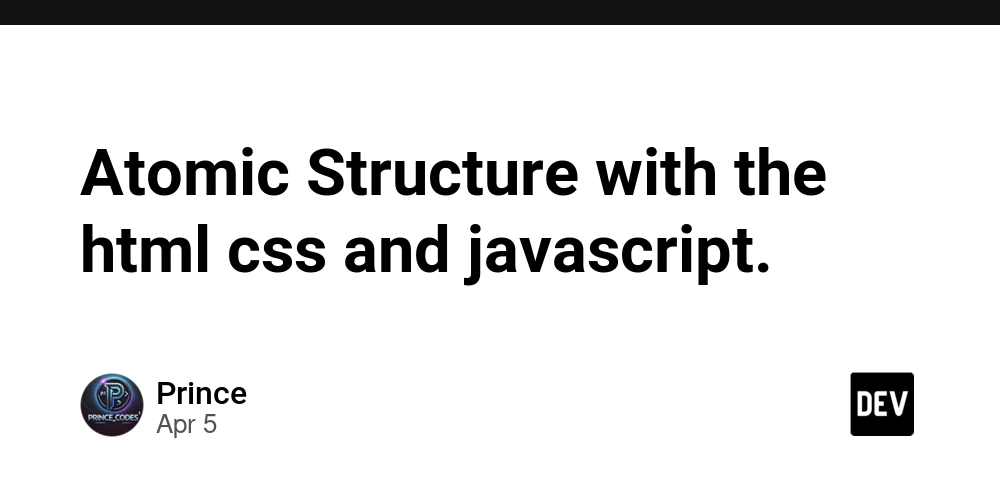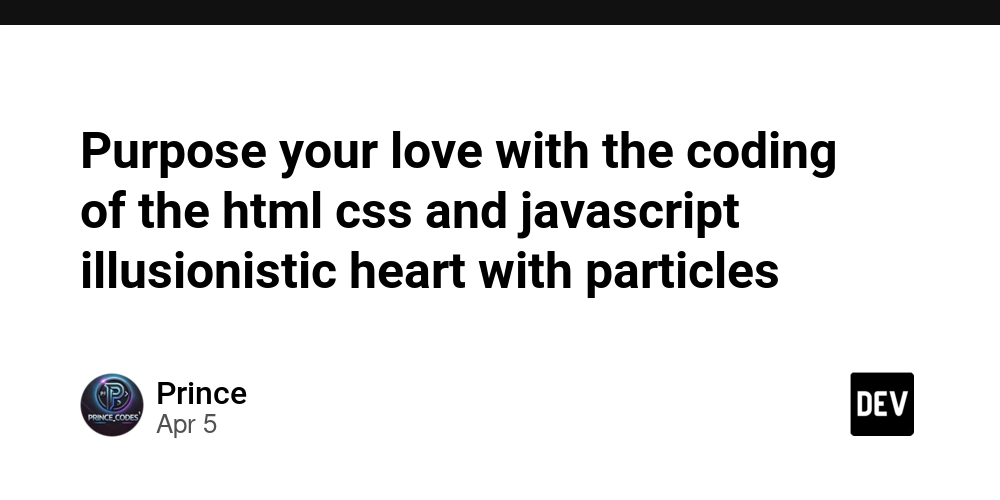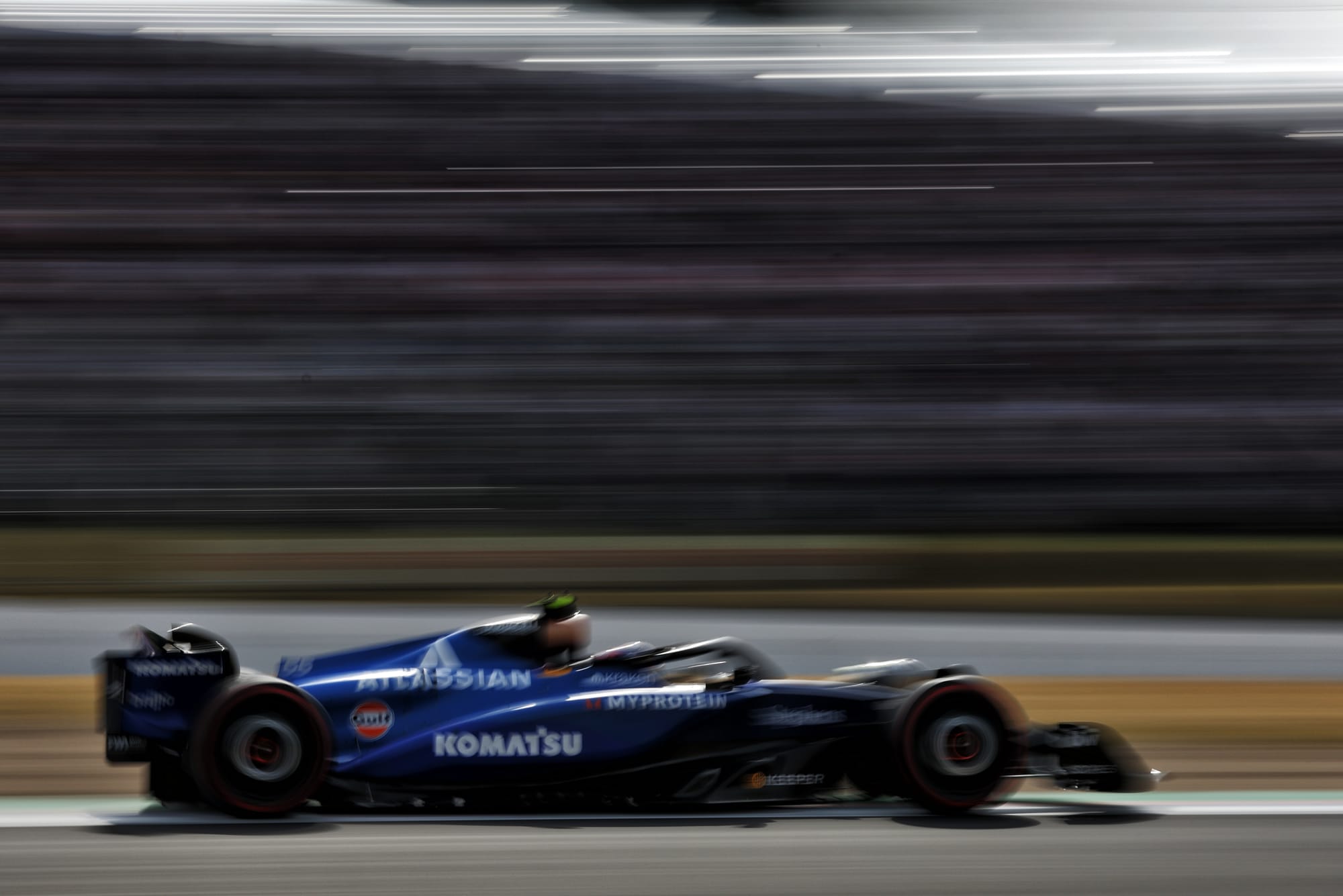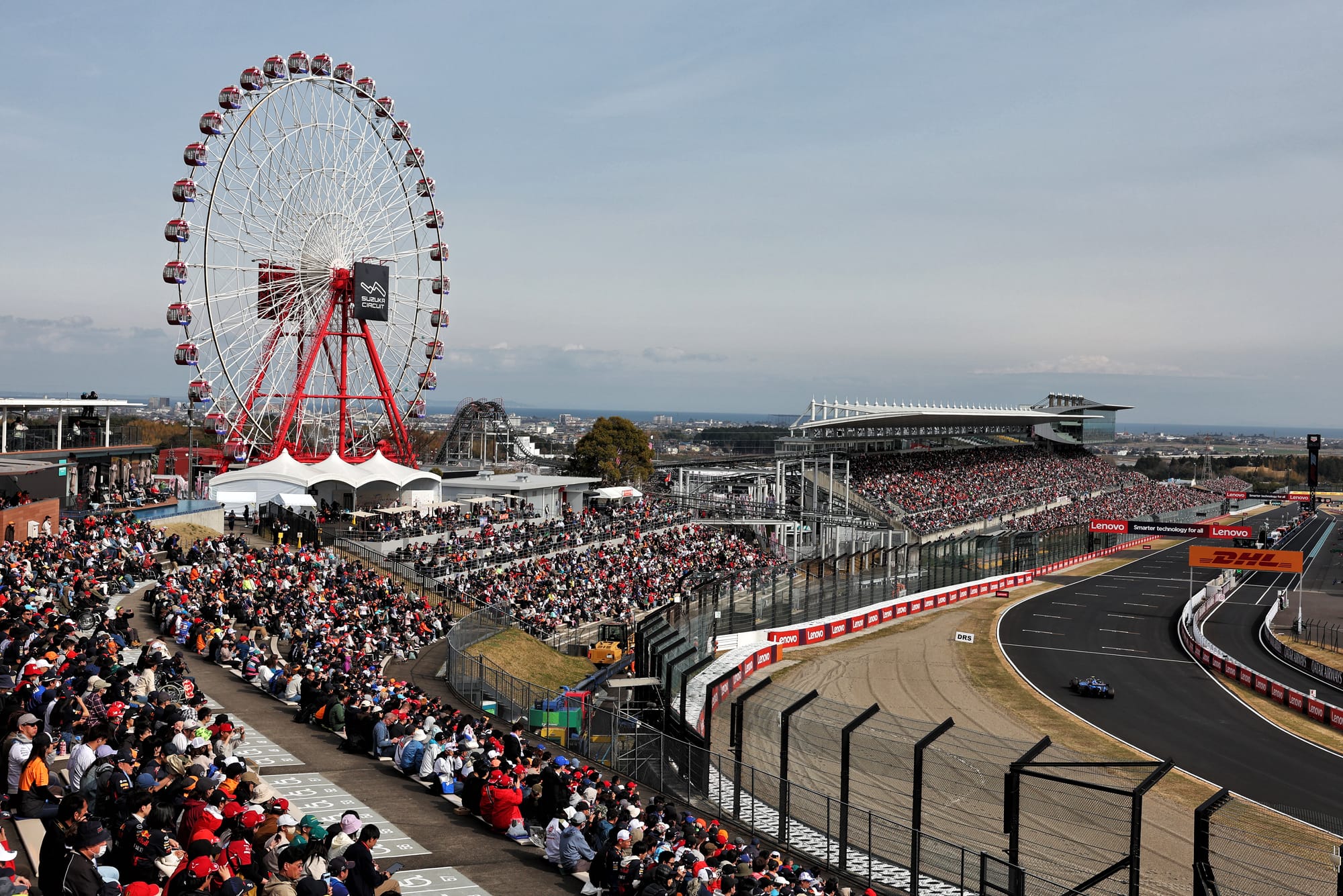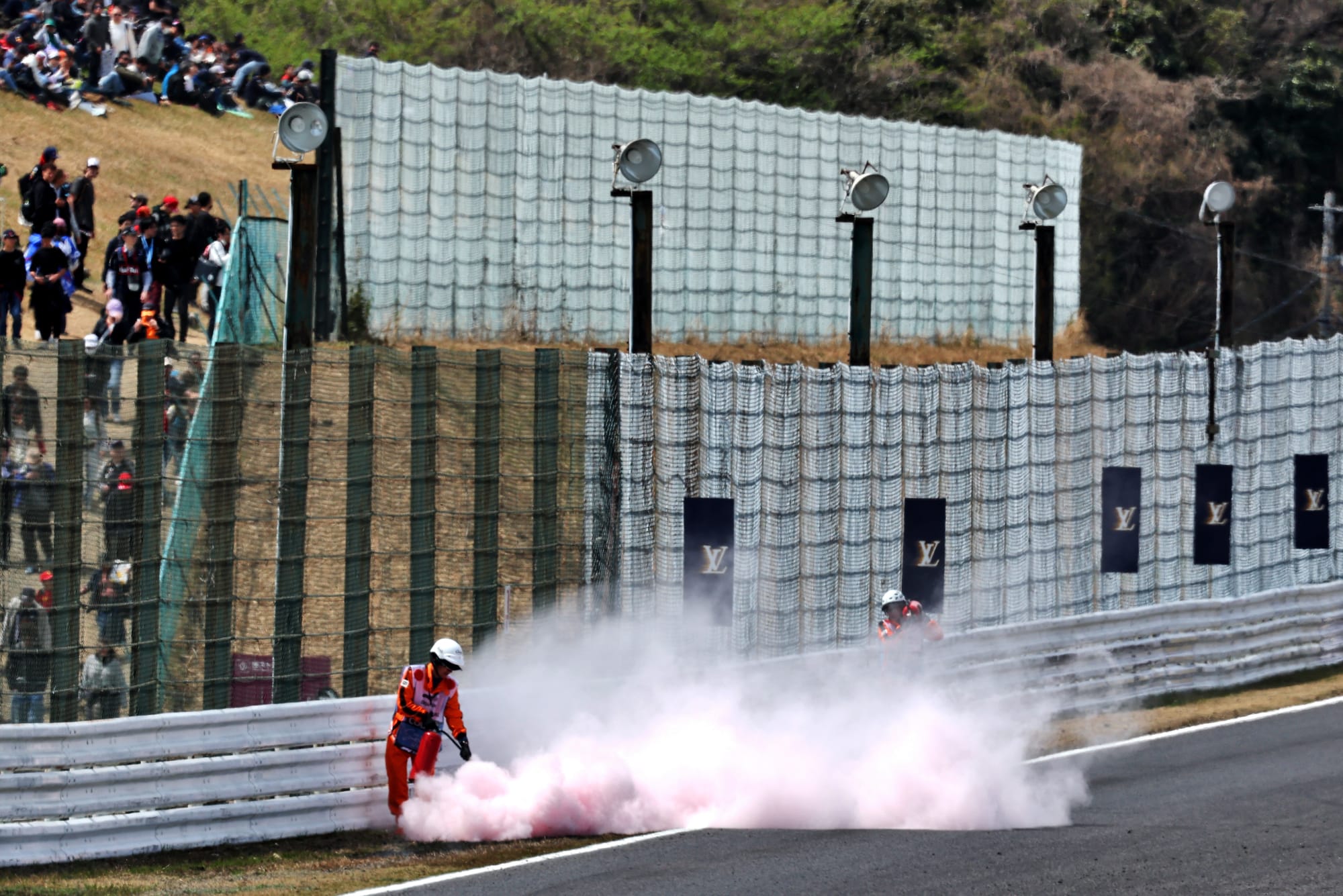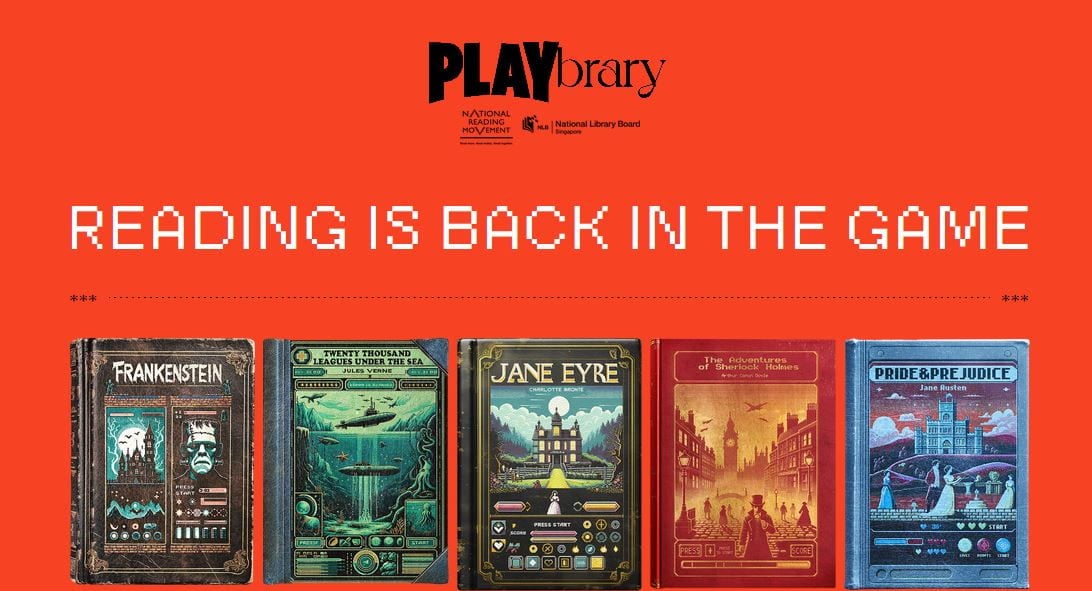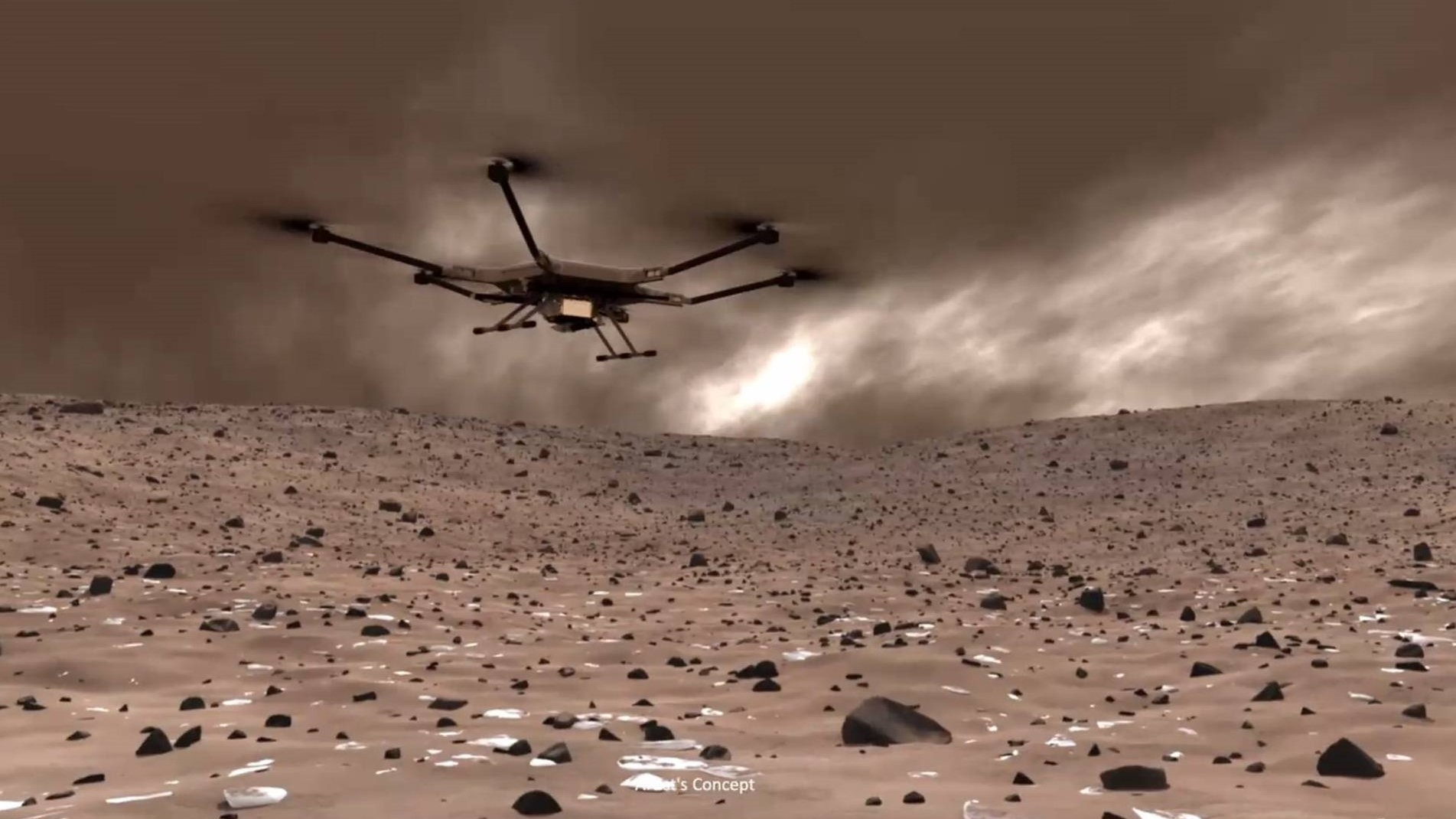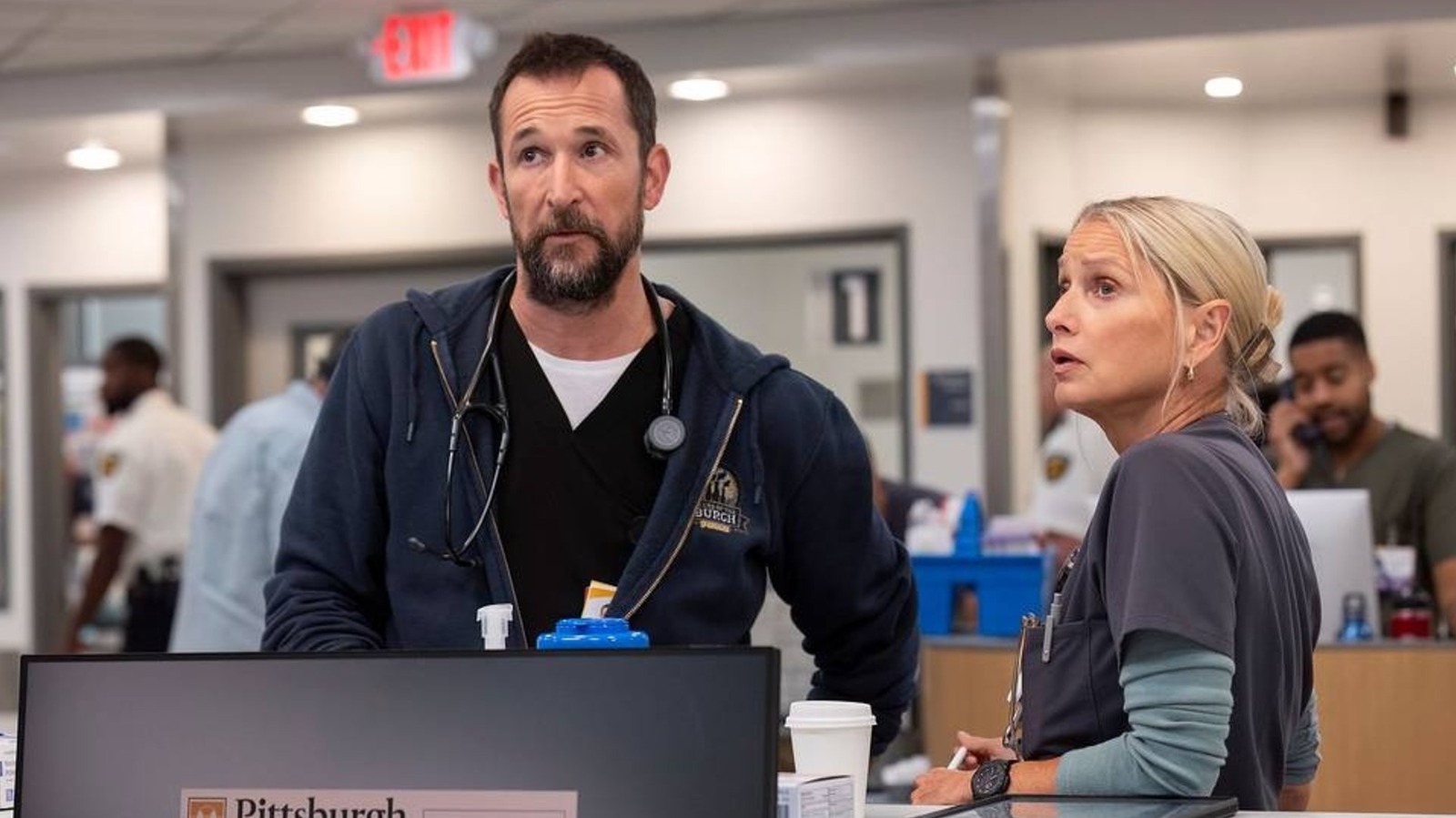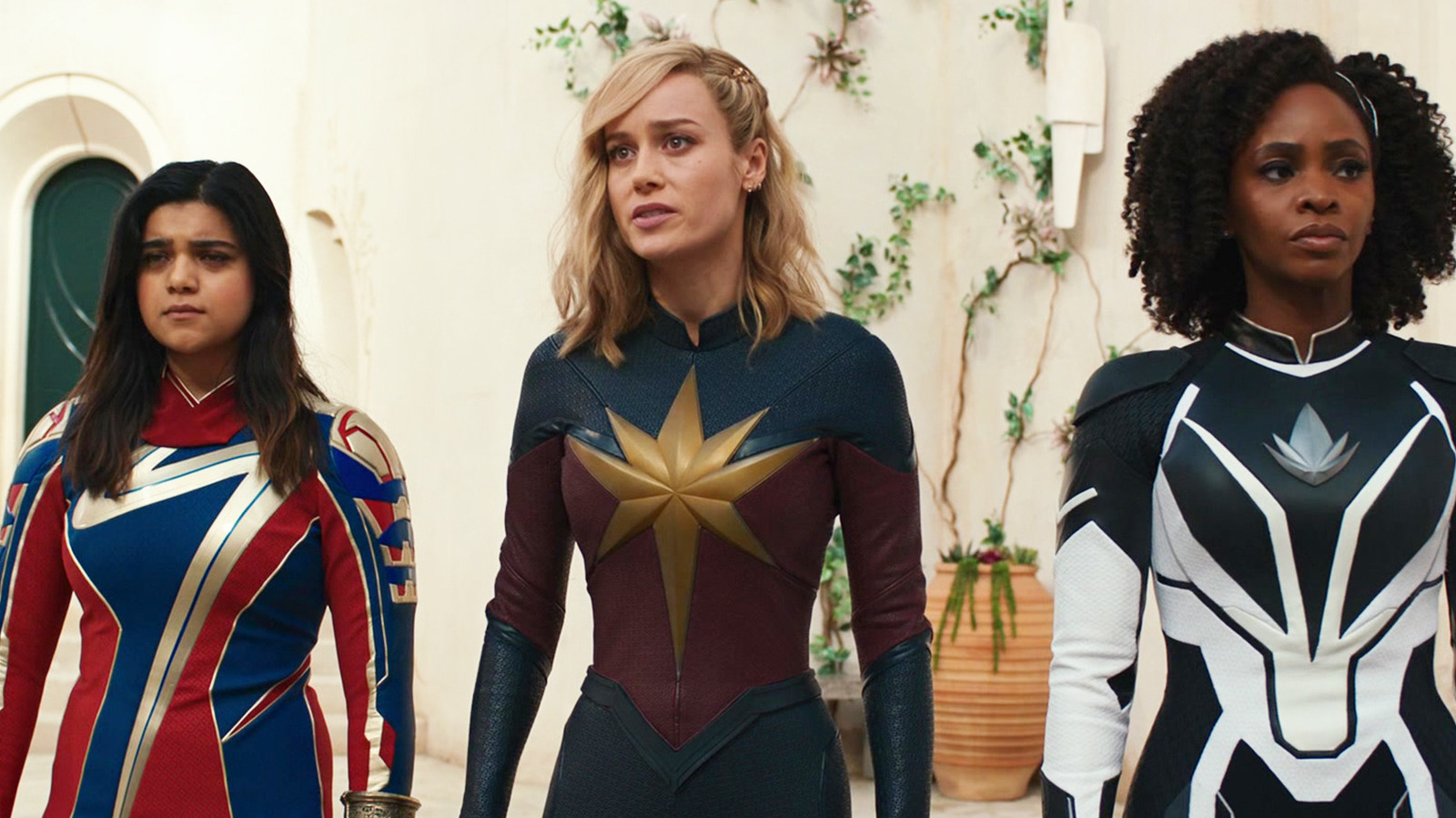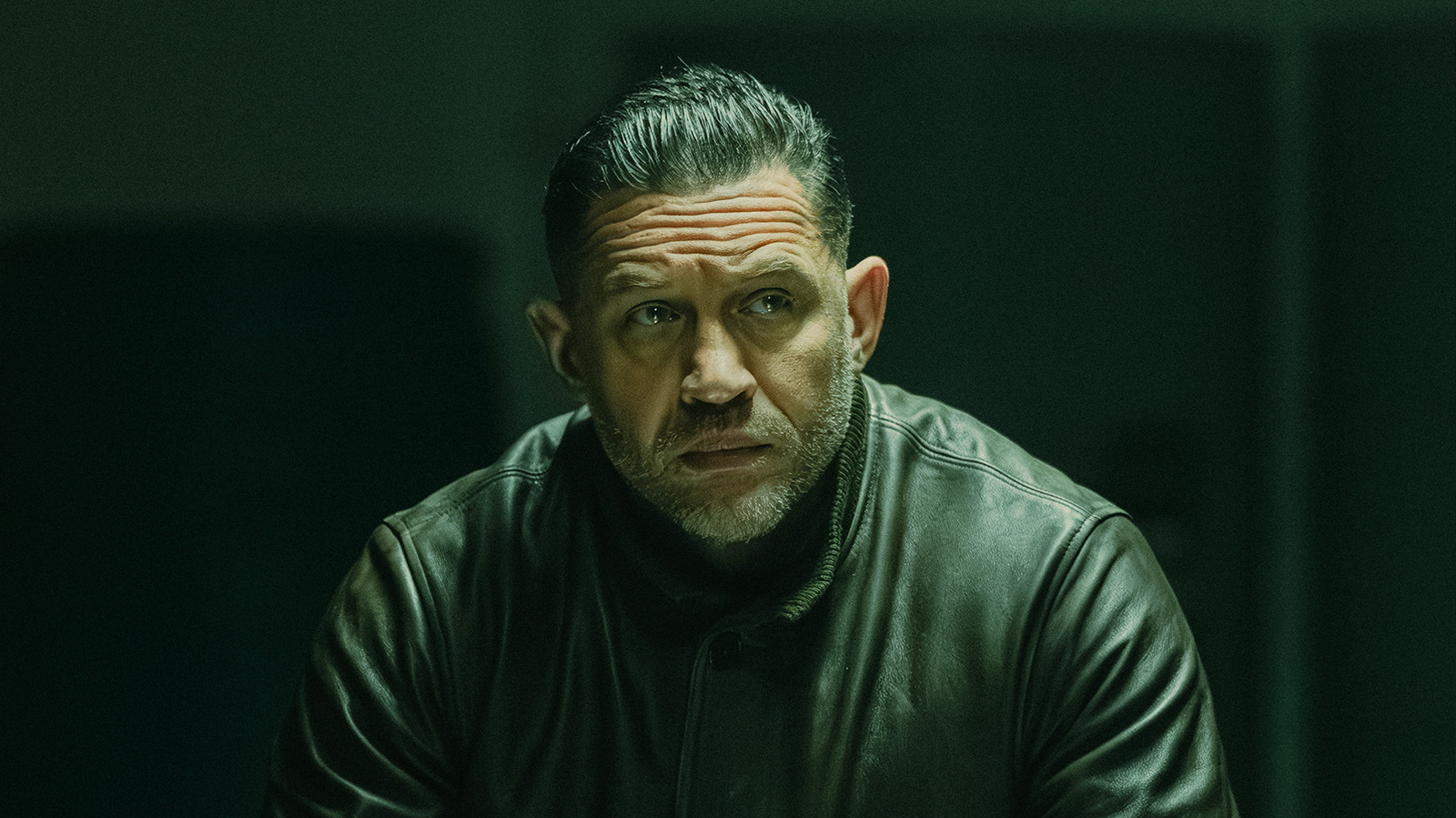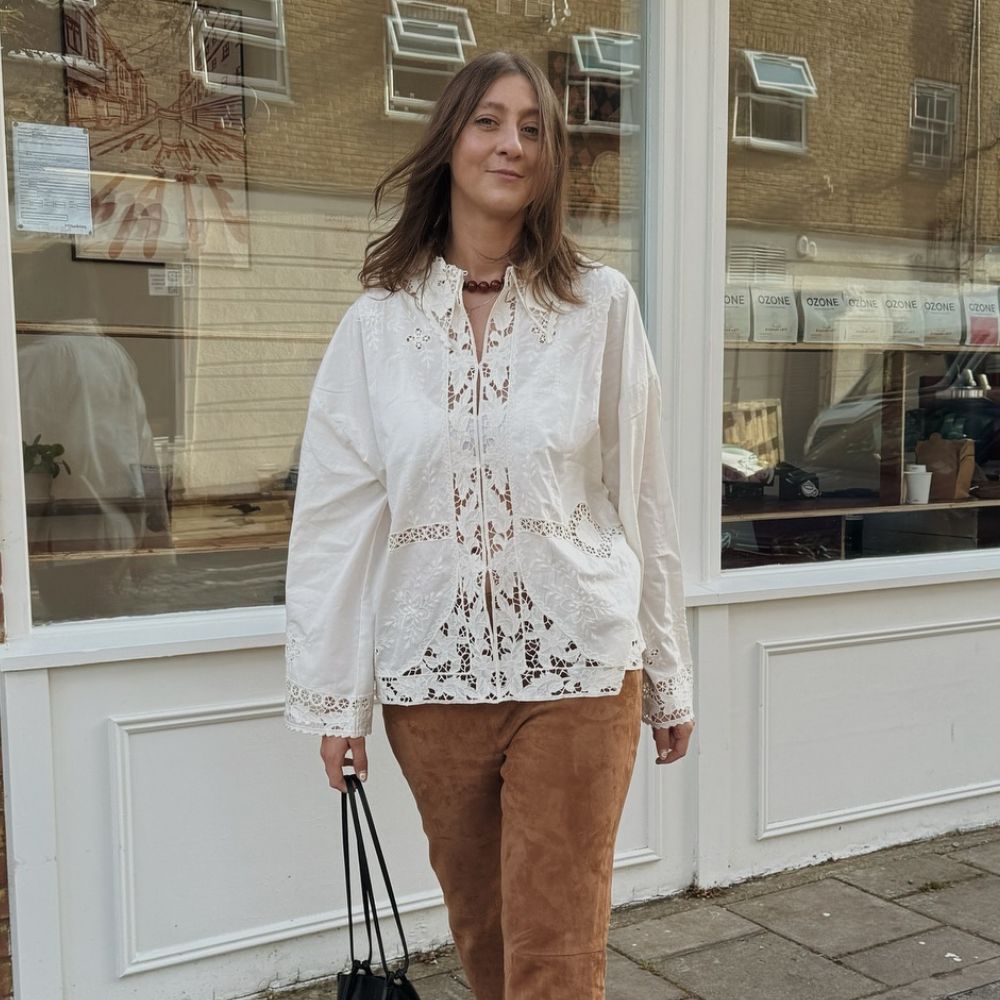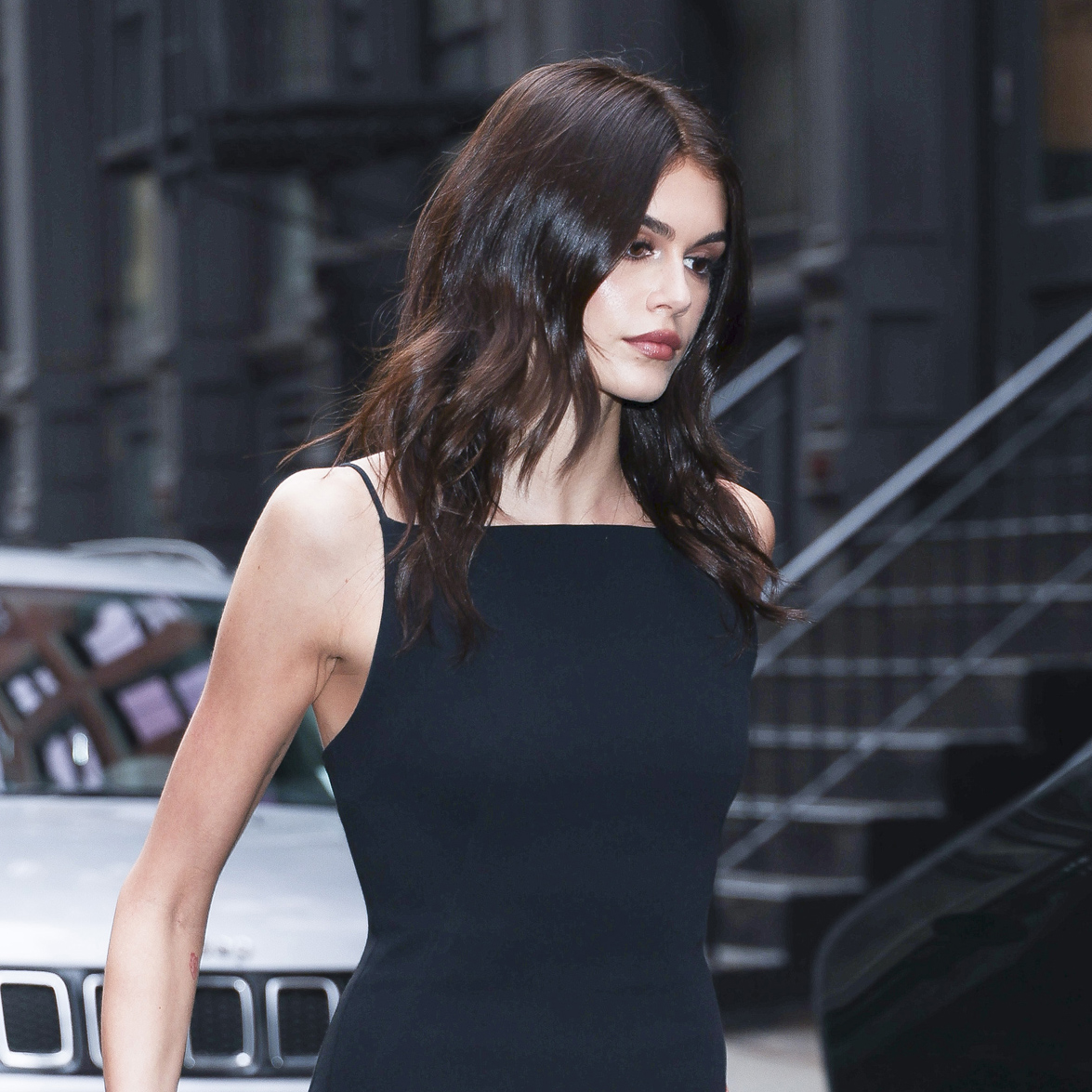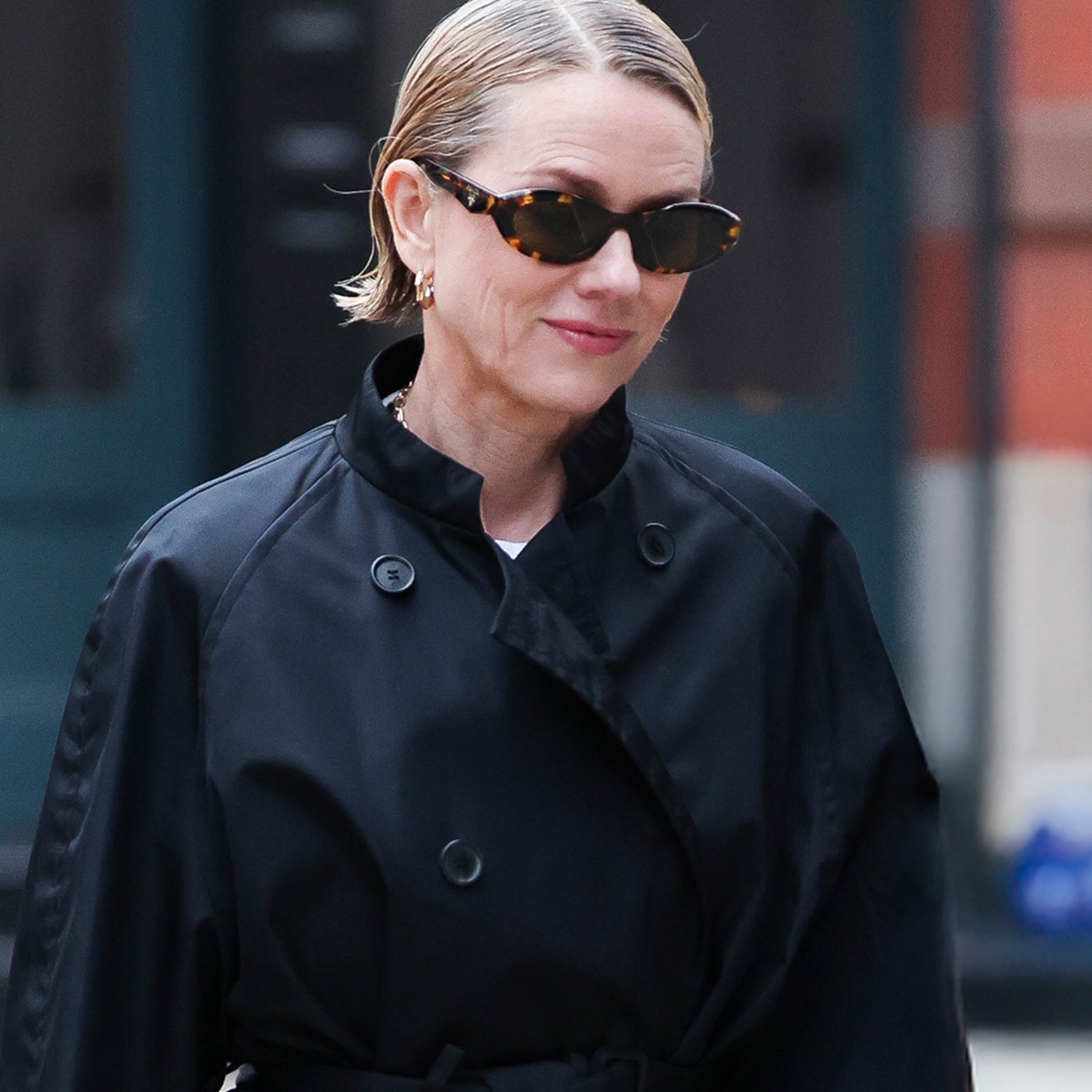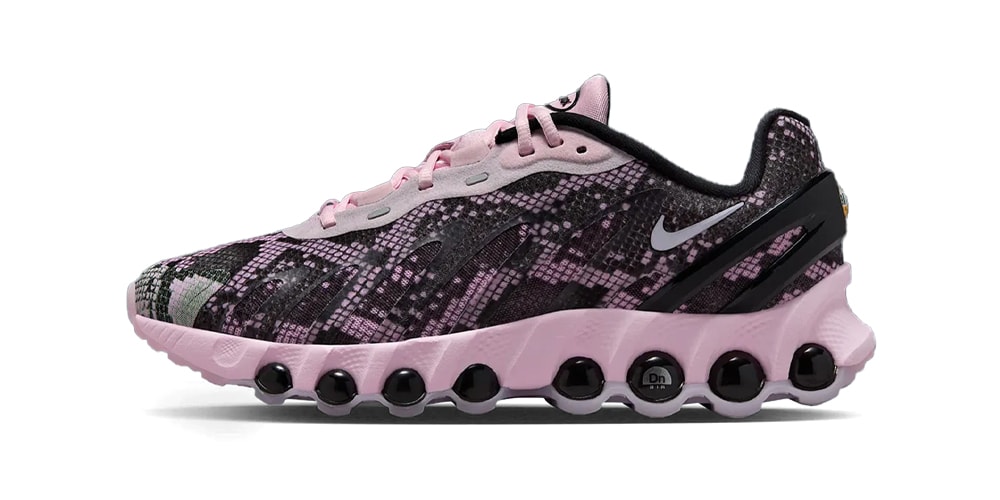The Darkness’ Justin Hawkins talks new album, his popular YouTube channel, guitar solos, maintaining his falsetto, more
“Performance and making a record, that’s the bit we understand,” Hawkins says. “It’s fun and you’re in the moment and the rest of the world falls away.”

With their striped catsuits and over-the-top songs that hearkened back to Thin Lizzy, Iron Maiden and all manner of ’80s hard rock, The Darkness were a surprise success when they released their debut album, Permission to Land, in 2003 during the indie renaissance of The Strokes, Franz Ferdinand, Interpol and Yeah Yeah Yeahs. While critics pondered whether to take them seriously or not, tightly constructed and clever rock songs like “Growing on Me,” “Friday Night,” and “I Believe in a Thing Called Love” struck a chord with listeners.
It’s been a curvy, bumpy, up-and-down road since then, but singer-guitarist Justin Hawkins, his brother, rhythm guitarist and producer Dan Hawkins, bassist Frankie Poullain and a few drummers (currently Rufus Tiger Taylor, son of Queen’s Roger Taylor), have persevered. Their eighth long-player, Dreams on Toast is The Darkness’ catchiest batch of songs since their first. If it’s lacking in Permission to Land‘s triple entendre wordplay, it makes up for it in some of the most direct, honest songs Hawkins has written. And if that doesn’t sound like as much fun as “I Believe in a Thing Called Love” and “Get Your Hands off My Woman,” the songs are still loaded with insane guitar solos, crunchy riffs and falsetto harmonies, and humor, plus surprising detours into country, including “Hot on My Tail,” which has enough innuendo for the whole record.
These days Justin in juggling two careers: one being the frontman of The Darkness, and the other as host of his very popular Justin Hawkins Rides Again YouTube channel. He launched it during the pandemic, posting a video nearly every day talking about different music-related subjects, dissecting songs from current artists, and championing new acts you might not think the guy from The Darkness would like, such as Fontaines DC or proggy UK duo Field Music. Hawkins is very charming, thoughtful and funny in the way only someone who has been through a lot of shit can be, and all of that, along with his deep music knowledge, is really what made his channel a hit.
Justin was sitting in his studio chair that will be familiar to Justin Hawkins Rides Again fans for our interview, which was too brief but touched on a lot of subjects, including Dreams on Toast, guitar solos, how he maintains his five octave range, the musical he wrote in the ’90s that never got produced, what success for a band means today in the streaming age, and lots more. Read it below.
Dreams on Toast is the eighth Darkness album and first one in four years. Two things have happened to my knowledge since you released Motorheart: You started your YouTube channel and you did your Permission to Land 20th Anniversary Tour. I was wondering if and how both of those things may have affected this record.
Well, Motorheart, we recorded that during the Covid pandemic. So all of my contributions were submitted having been recorded in a different country to the rest of the guys. My favorite song on that record is “Welcome Tae Glasgae” and that was the only one where we were all in the same room — in a socially distanced and responsibly conducted way — to do it. Travel was difficult, but it was quite freeing in some ways because I was able to just do exactly what I thought should be the thing and then send it off and then pretend that my phone wasn’t working when they had some notes or complaints about my performances or ideas or anything. But this one, and I think this plays into the other aspect of it, we missed an album cycle really because we did that 20th anniversary touring. But what we did was we made sure that at every point that we could, whenever we had a little window of a week or so, we would go somewhere exotic the four of us together and actually write together as opposed to me top lining backing tracks from my brother or whatever.
So we had longer to spend on the writing and probably spent two and a half years on this record. And we did it all in the same room. So it makes a huge difference, I think. Sounds like a band even though we’re sort of exploring ambitious arrangements and stuff like that on Dreams on Toast. It’s the four of us working together. I think sometimes I do ambitious arrangements and then I spend hours and hours building up all these sort of backing vocal parts and recording endlessly and then they just go, nah, I don’t like that. So I wanted to avoid that, really. And it’s just more fun. It’s much more fun way to do an album.
I was also wondering, with the launch of your YouTube channel, you’re listening to a lot more new music, I’m assuming, than you did before that. Did that come into play at all, do you think, with your songwriting?
I’m more aware of modern music than I used to be and most of the time it’s because my producer urges me to listen to things and I’m obliged to react to stuff that I would never normally see on my radar. And I dunno how much influence that’s had, because most of the time when I hear something I try and avoid copying it. So it might actually be more limiting because I’m aware of more stuff that I’ve got to try and dodge because if I’ve covered something on my channel, and then I release something that sounds a bit like it, we all know where I heard it and the evidence is there. So I think I’ve always had that thing of just a lot of time, the sort of analytical ear, I’m usually listening for echoes of stuff and trying to work out where they drew influence from. So I suppose it’s just helped to expand my mental database or the songs that are in the Mind Palace that I can try and not sound like when I’m writing my own stuff.
Would it be fair to say that this is the most varied Darkness record to date? You’ve got pure pop songs, you’ve got a country song, then there’s Hot on My Tail, which is uh…
[Laughs] Yeah. What is that? That’s like folk country, but with some, I don’t know what, some sci-fi stuff going on in there. I dunno really. I’m not sure what that is.
Do you agree that this is a more varied record than previous ones?
Definitely. One of the differences about this album is, what we normally do is we write a song and we might do it acoustically or on a piano or something. And then when it comes to arranging it to make it sound like a Darkness song, or so we can record it in a format that our audience understands and is expecting from us. We’d normally chase a key where I’m just absolutely screeching in the chorus or it’s right at the desperate part of my mid-range where the break is — and not because it’s enjoyable to sing that way, quite the opposite. It’s more there’s just something of my affectation and the thing that makes my voice unique that we think our audience wants. And I desperately asked the guys on this one, can we not chase the key? Just let me be a singer. Let me have the song and try and emote across my range. I’ve got like five octaves or something. I can handle this. Just let me use different parts. And I think that’s one of the reasons why it’s become quite varied is because if I’m singing something and it’s low for the verses of “Cold Hearted Woman,” for example, it wouldn’t be apt to accompany a voice like that with just huge guitars and stuff. You need to think differently about how to present that song, I think. So yeah, it probably is more varied just because we didn’t do the key-chasing exercise that we normally do.
There are of course lots of signature Darkness riffs and solos and that sort of stuff here, but Dreams on Toast feels more song-forward this time around. Do you feel the same way?
Yeah, I think we’ve been very discerning in the way we’ve rejected a lot of things that would normally make it. And it’s the first record where I’ve agreed with…well, it’s not a case of agreeing, it’s the four of us fighting for every note. It is difficult to do that when you’re not in the same room for a start, and sometimes things get away from you. And if I’m not fully invested in the process, I often find myself at the end of an album going, I need to do another album of my own stuff, even if it’s just for me, just because there’s something unsatisfying about stuff that you haven’t fought for or arguments that you’ve lost. But I think when you do it and you do it from the sort of artsy place and the crafty place, when you’re thinking about what is the best thing for the song and you listen and you audition every idea and then stuff hits you and you feel it in a different way, it’s just work. It is busy work and you have to go through that process to really get the good stuff, I think, and you can all feel it when you hit it. So I think it really is just because we put more effort in, we’ve always been capable of writing songs that have that craft element to it, but it just takes trial and error — years of it — to get it right. I think maybe that’s why first albums are often better than second and third. You’re auditioning stuff, not just for the other people in the band, but for a small collection of people that are attending your early gigs and you can feel stuff out. And it’s not really about the reaction from the crowd, it’s about how you feel when you play it and you recognize when something’s the right thing.
You don’t have the same process and structures available to you on the second record when you’ve had a hit with the first one. You have to try and guess what’s going to feel good. And especially back then, I think when people actually bought records, because to audition new material would be the same as leaking. It would be as devastating to your chart position as leaking, which was a big thing back then and everybody, it was happening to everybody. But now of course leaking isn’t a thing. You’ve just got to put the work in and you can drop stuff on the socials, but it doesn’t really make much difference.
I think “The Longest Kiss” is an especially impressive bit of pop songcraft. You fit so much into two minutes and 51 seconds.
Thanks. It’s funny because the chorus was something that me and my brother wrote in the middle of the night in Cornwall on Roger Taylor’s piano. It’s such a strange environment to do stuff in, but we are lucky because we’ve got all these glamorous locations that we can go and do stuff in.. But the verse melody and the chords were lifted from a musical that I wrote in the ’90s, which was never actually produced, but it was a musical about the collapse of the Lowestoft fishing industry. It was called The Collapse of the Lowestoft Fishing Industry. And so the verse of that used to be “you grease your fingers and I must say those oily palms of yours look younger every day.” And it was about one of the characters, the main character in the musical had lost his larynx to throat cancer and had to belt all these big show tunes for a voice box thing. So I thought that would be the angle for it. And his wife was a hand model, so it’s all about the preparations that she has to make her hands look nice. That’s where I got the verse from. So it’s actually parts of that song have been around for 30 years.
I can’t believe that musical didn’t make it to the West End!
[Laughs] I know, it should have been at least off Off Broadway. Come on! Maybe I’ll come back to that. But I’ll have to transplant something else into that verse now the chorus remains, which is still strong in my view.
You said that you were working around Roger Taylor’s piano on this one, and there’s a lot of piano in general on Dreams on Toast.
There’s been a few pianos involved, actually. I think I like playing piano on stuff because it’s not natural for me. I’ve started to get a little bit posh now and I’m finding the addition of ninths makes it sound like I know what I’m doing, but I don’t actually. And a lot of the time it can just sound like a guy with boxing gloves on and I’ve always been a big fan of synth rock and stuff like that. So you just write in a different way when it’s an unfamiliar instrument and you find things that you wouldn’t perhaps have considered at other times. So the chorus of “The Longest Kiss” was, I dunno if it makes as much sense on a guitar really, but when I made some incremental adjustments to my fingers without thinking about what the musical consequences would be, I found stuff by doing that. Then you’ve just got to get the muscle memory to make it work, and that I have my brother there to translate it into actual music is really handy.
Have you figured out how you’re going to do that live?
Yes. So the keyboard parts, to a real musician, they’re probably quite rudimentary. So we have a real musician whose job it used to be to tune my guitars and he’s now going to do some additional guitar for the stuff that’s really complicated, and he’ll play keyboard on the bits where you really can’t live without it. And I think “The Longest Kiss” is one of those numbers really. His name is Ian Norfolk, he’s really accomplished and actually I think some of his background is musical theater. So he’s ideal really for that sort of thing.

Well, can you tell me about the album cover? I’ve only seen the digital versions which aren’t that big. It’s Frankie and is it Rufus [Tiger Taylor] who’s also on the cover?
Yeah, that’s right.
It’s got an ’80s thing going on. Tell me what the concept is here?
Okay, so we did some sort of ensemble shoots with the whole band and that photograph was one of the ones that came out of that. We did that last May with Simon Emmett. And when we were talking about making the album, we wanted something that resembled like that Heaven 17 kind of business guys, ’80s stuff.
Like the cover to Penthouse and Pavement.
Exactly. And when I was looking at it, I was kind of like, okay, so me and my brother, obviously we look great, but I thought, well, rather than have the whole band on, why don’t we just treat Rufus and Frankie as actors and then have it as more like a Sparks thing. I think there’s a different dynamic when there’s two individuals on an image, there’s a different energy. The way those two were interacting, they were winning the photograph anyway and I think my brother and I were just superfluous in that image. So I was like, “I don’t mind if I’m not on the album cover. I think if the album cover’s better without us on it, then we should go for it.” And my brother was in agreement, but it took a bit of convincing across the board, especially label-wise and stuff. It’s a strange thing to not have the whole band on, but we fought for it and I think that was the right call. Perry Shall designed it and he’s a Grammy-nominated illustrator and designer of album art and things, and he’s a good friend, so we wanted to just try something different this time. We actually tried a few different ways, a few different new logo types for The Darkness, but the classic won out in the end, so it isn’t completely unfamiliar. But yeah, Perry is the guy. He’s a genius.
I got to ask about “Walking Through Fire.” I’m sure it’s at least drawn a little bit from personal experience over the last 15 or 20 years being in The Darkness, but it also kind of feels like a period piece to me, written from the perspective of an ’80s rock band in 1995 trying to figure out what to do now that grunge has kicked them to the curb.
That’s a great way to contextualize, it does work in that respect. I’ve always associated with those bands because I think we tried to do something that was desperately unfashionable at the beginning of our career and it was a struggle. And I think that struggle is it never ends, there’s always something, there’s always some obstacles. Sometimes it’s just your age. It can be anything. But I think for me it’s trying to exist and trying to have an artistic endeavor in a world where the industry, they just move the goalposts all the time. I don’t even know if we’re trying to sell records now. What are we trying to do? Sell tickets or what’s the idea? What does success look like? Do we even know what that looks like now? Is it social media numbers? That doesn’t feel like success to me. Is it just your rising stock? Is it getting photographed when you’re coming out of the hairdresser in London, does that count as success? You know what I mean? What is it?
I think it’s just the bewilderment and not really understanding what you’re fighting for, but it’s a constant fight. And then you have things like expectation and your relationship with your audience. Do you want to be a cult band? Do you want to service your existing audience or do you want to try and think broader? Do you want to do interesting stuff? Do you want to do art? Do you want to do content? It’s like unending, the internal dialogue is unending. Any sort of career in the arts is hard, I think. And probably even from your own point, I would imagine it’s difficult for everybody, and obviously the Internet’s made it way more difficult for everybody. You dunno how to monetize and that’s obviously how you make your living. That’s still the thing that counts. That’s the one thing that hasn’t changed. So I think it’s parenthood, where there’s just a huge percentage of that role is just work. It’s just hard and it’s challenging and it’s confusing and you don’t really know where you fit into the thing. You don’t know what you are after a while, you dunno who to be. There’s just so many different faces that you have to wear. And I think there’s the one little section of it that makes it worthwhile. And it’s in parenthood, it’s just to see the child turn into a human being, for better or worse, whatever those qualities or faults are, it’s just a joy to watch it unfold. And for me, performance and making a record, that’s the bit we understand. That’s bit where you know what you’re supposed to do and it’s comforting and it’s fun and you’re in the moment and the rest of the world falls away. And then when that finishes it’s like, oh fuck, here we go. Now what?
I will also say “Walking Through Fire” has a great guitar solo. The Darkness have a lot of great guitar solos. And by that, my definition is sure there’s flash, but the solo actually goes somewhere and doesn’t overstay its welcome. What are you looking for when you’re putting a guitar solo into a song, or two guitar solos into a song?
Sometimes when there’s two, it’s because my brother and I have totally different ideas about how to fill that space and then we have to accommodate one another’s vision. He plays the guitar in a way where he’s making melodic choices that surprise me. So I think that’s what I love about his playing. I think he’s an amazing rhythm guitarist and he doesn’t often interfere with the lead stuff — that’s usually my job — but when he does, he sometimes just does things that I just would never have thought to do. So when I’m playing, it’s that thing of, I think it’s a bit like the piano approach really. I’m looking for phrases and things that I can’t place. Maybe there’s a familiarity about them. And a lot of guitar solos are just like a collection of licks that you’ll hear in a million other songs and they’re building blocks of a guitar solo. Quite often you might have one that’s a Hendrix phrase and then a Jimmy Page bit. And there are people that have contributed to that lexicon, I think. And then it’s usually just a mishmash of those.
But for me it’s always got to have something melodic that you can sing along to that isn’t necessarily the same as what the lead vocal has done in the corresponding section. Or maybe it’s a whole new section, but I like it to be something that you can sing along to. I like some stuff where it’s like, “fuck, how did they do that, what were those notes?” I like some bits that make you scratch your head. And it doesn’t necessarily mean that it’s fast, it just means it’s like weird choices. And I enjoy a bit of widdly stuff as well. [Laughs] Sometimes, I’ve got to say, I have a weakness for it, but whenever I start to build a solo, I usually start with the widdly stuff because I know that’s going to be the most challenging thing. You build up the memory of that and where that’s got to go, where it will have the most power. Oftentimes I reckon that’s towards the end. And then there’s a sort of triumphant lift out of it into the next section. But yeah, I think that it’s just important to have three elements: it has to be sing-alongable, surprising, and have a little bit of familiarity where you’re treading water where, just so you know, it’s a guitar solo, so it can’t really be played on anything else and be as effective. That’s more or less it, I think.
You mentioned earlier that on this album you were trying not to just have all songs be where you were sort of blowing out your voice at the top of your range. I saw the Permission to Land 20th anniversary tour last year and I was really impressed with how well preserved your voice is. You were hitting all the falsettos, you kept the songs in the same key. What is the key to keeping your voice? Is it Throat Coat tea, exercises?
Unfortunately, and there’s going to be a lot of people disappointed by this, the key is really simple. Sobriety. It’s got to be that because I’m smoking like a chimney some days and it doesn’t make any difference. If anything, it adds a lovely warmth to the lower register. And that’s definitely not a nice thing or responsible thing to say to an aspiring singer, but [smoking] hasn’t made any difference. I did have some training. I think if you try and add distortion to your voice in an unnatural way and you don’t know those proper techniques for bringing vocal folds over, you can really do some damage. And I did have an issue with a polyp on my vocal cords. So I went and had that removed and the aftercare was at the Zurich Opera House and there was a lady there, Barbara Böhi, who we always thank on every record. She’s unbelievable. And she really showed me how to prepare for a gig in a much more targeted and efficient way. So it only takes me 20 minutes to warm up now where I was spending an hour, an hour and a half thinking, no, I’ve got to keep warming up otherwise… But she showed me how to do it properly and how to warm down as well. I use LAXVOX tubes and water. You’ve probably seen singers doing that. It’s like some sort of water resistance that stops you from blowing out your larynx before you go on stage. But I could actually probably do a gig without warming up and I’d be all right now because I’m not trying to add distortion just there. And it all feels natural. And she’s really helped me to sing from the right parts of my body. And obviously there’s anatomy and there’s luck as well. It’s just luck. I think it’s dumb luck in some ways. I’ve never had any Botox around my neck. I know that’s hard to believe when you look at me, but I think I would never put anything in there that might paralyze anything. You have to have control. And at the expense of perhaps a more youthful looking neck, I’d rather sound good.
I really enjoy your YouTube channel, and I particularly loved recently when you did the episode about Field Music. I’m not sure where the Venn diagram between The Darkness and Field Music is, it’s probably a sliver, but I’m dead center.
Right. So am I. [Laughs]
I know that they toured last month. Did you get a chance to see them? Have they reached out to you or anything since the video went up?
No. Well, I reached out to them, actually. Last May I changed producers on the channel and I dunno whether you’ve spotted this, but I stopped doing clickbait titles and I really didn’t want rely on that. I want to try and use my channel in a different way. And traditionally YouTube comments can be a cesspool of negativity and horrible stuff. And I’m trying to sort of build a community that isn’t like that. And one way that I think we were failing is by using clickbait, and I’d rather have lower numbers and nicer people. You know what I mean? That’s how I want to do it. And so the Field Music one was a personal episode. I just wanted to show their music to a wider audience, really. I wanted to use my platform to help them. I think they’re amazing. And so I wrote to them beforehand to say, look, I’m going to put a clickbait title on this. I want more people to look at it. And I don’t normally do it, but I wanted it to say, “What is this shit?” So that people would go, yeah, what is this shit? And hopefully watch the episode. And they laughed at that. And I think I will do a long form thing with those guys because I just find their music really interesting. I feel like I can see bits of influence in places and really, really, I feel like I want them to answer my questions about whether I’m right about where they’re getting their ideas from. Because I think that’d be really interesting for me. And maybe you as well. I dunno.
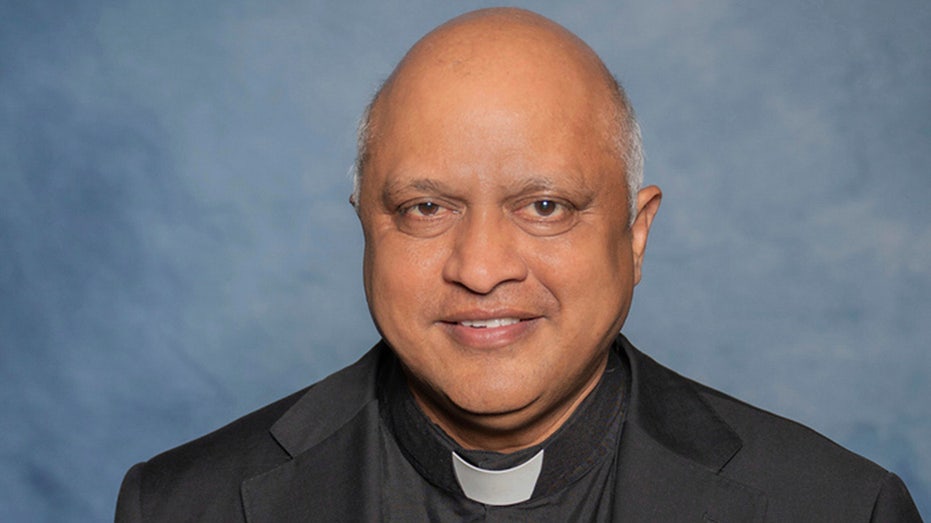







![[FREE EBOOKS] The Kubernetes Bible, The Ultimate Linux Shell Scripting Guide & Four More Best Selling Titles](https://www.javacodegeeks.com/wp-content/uploads/2012/12/jcg-logo.jpg)
